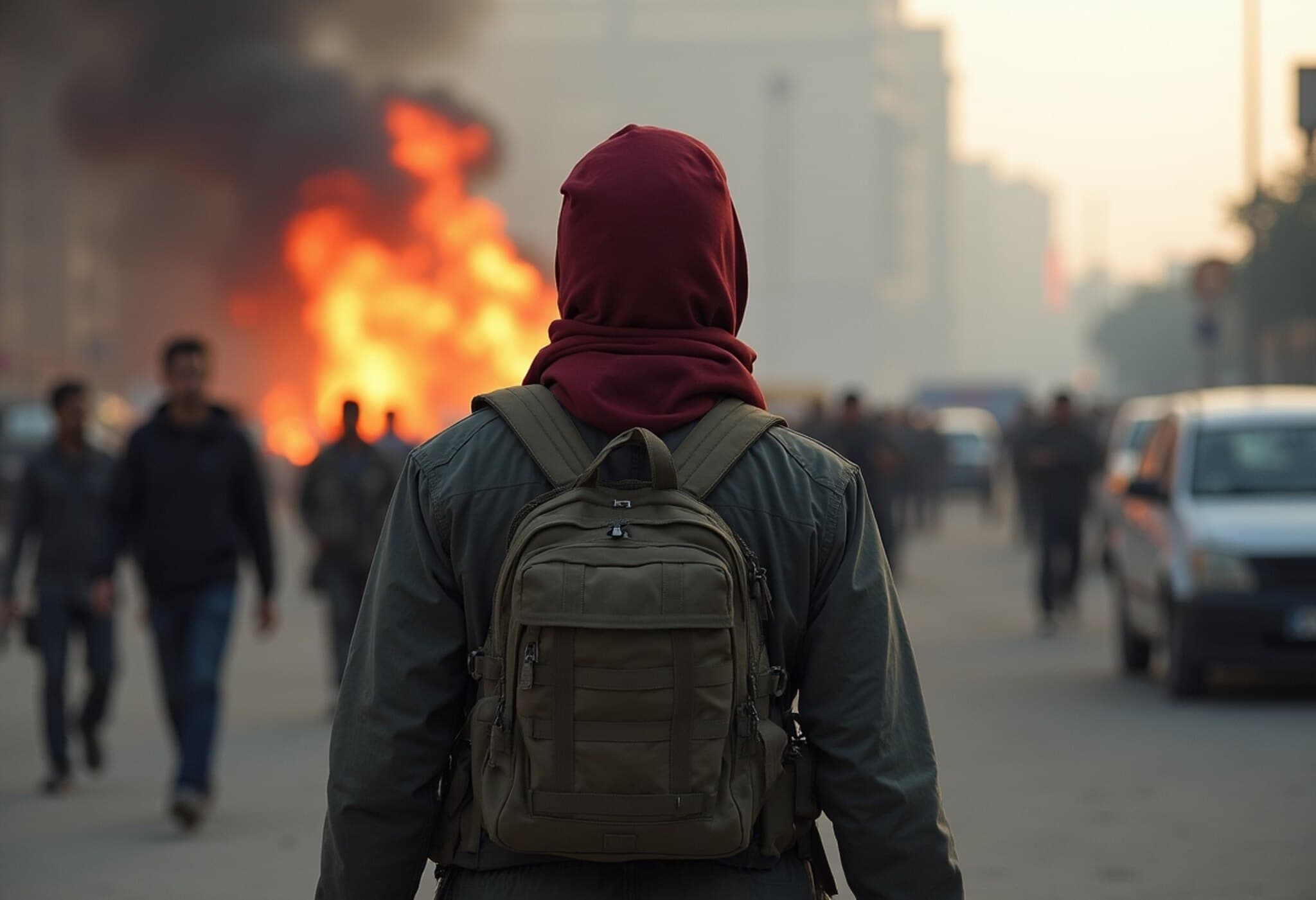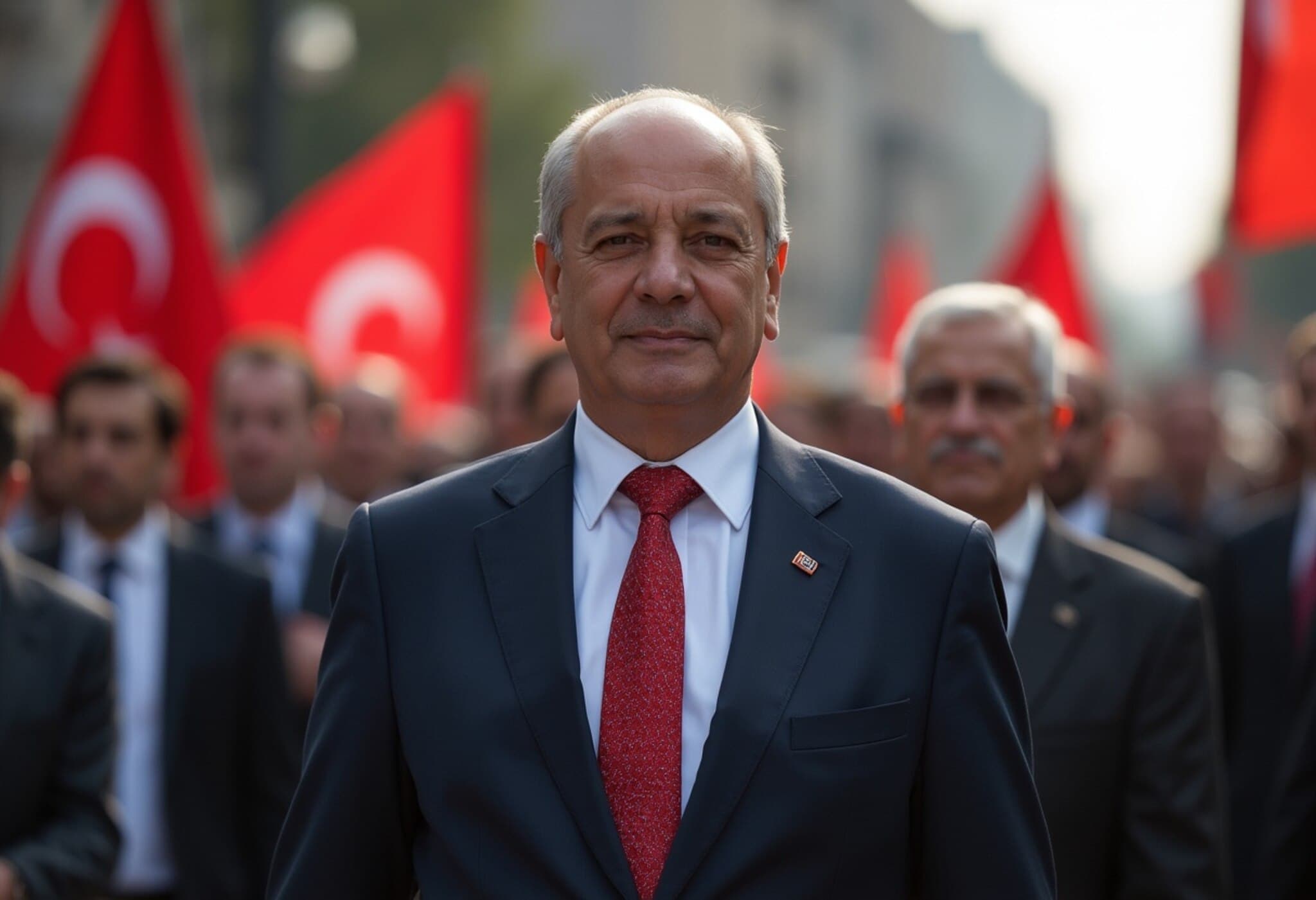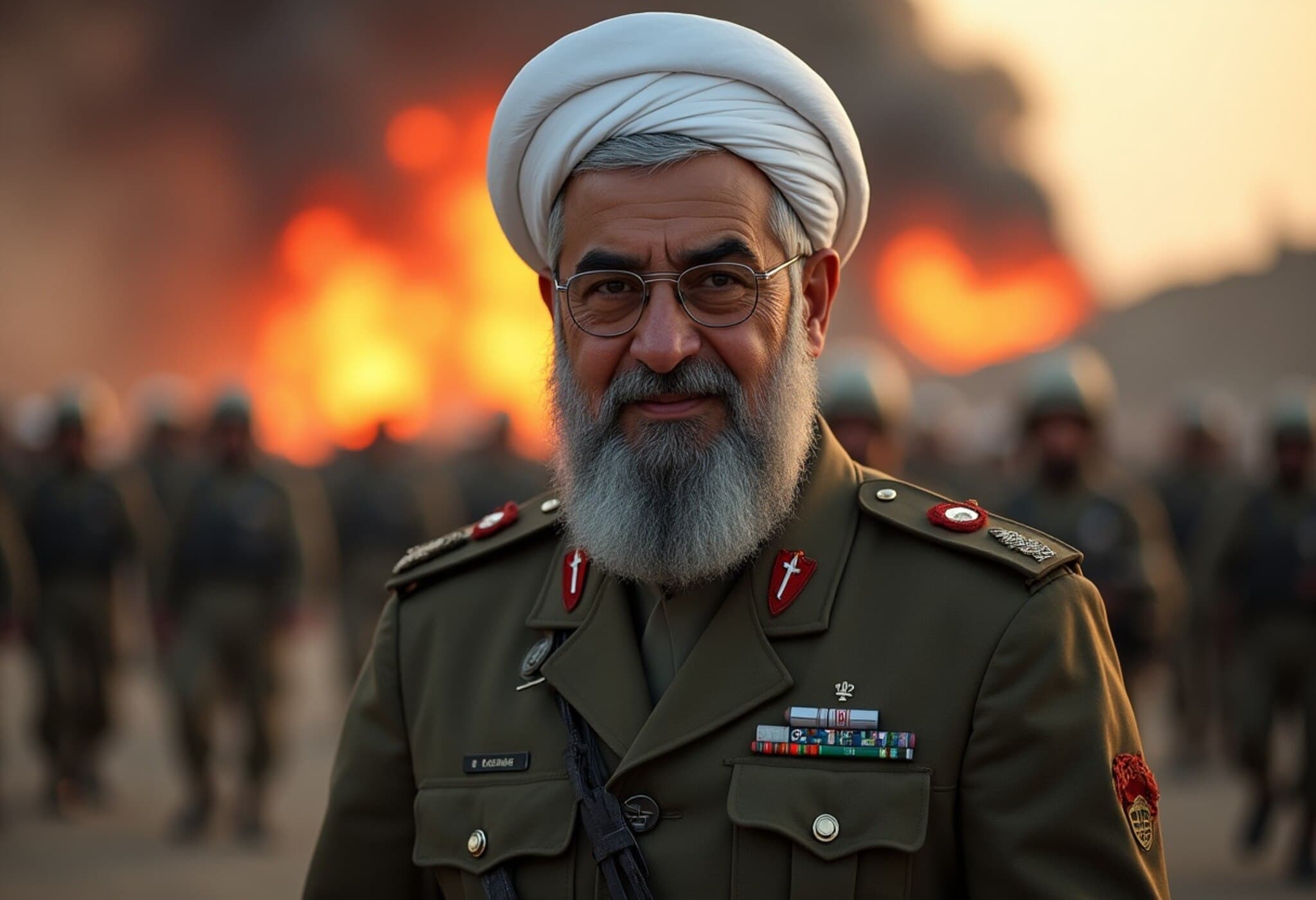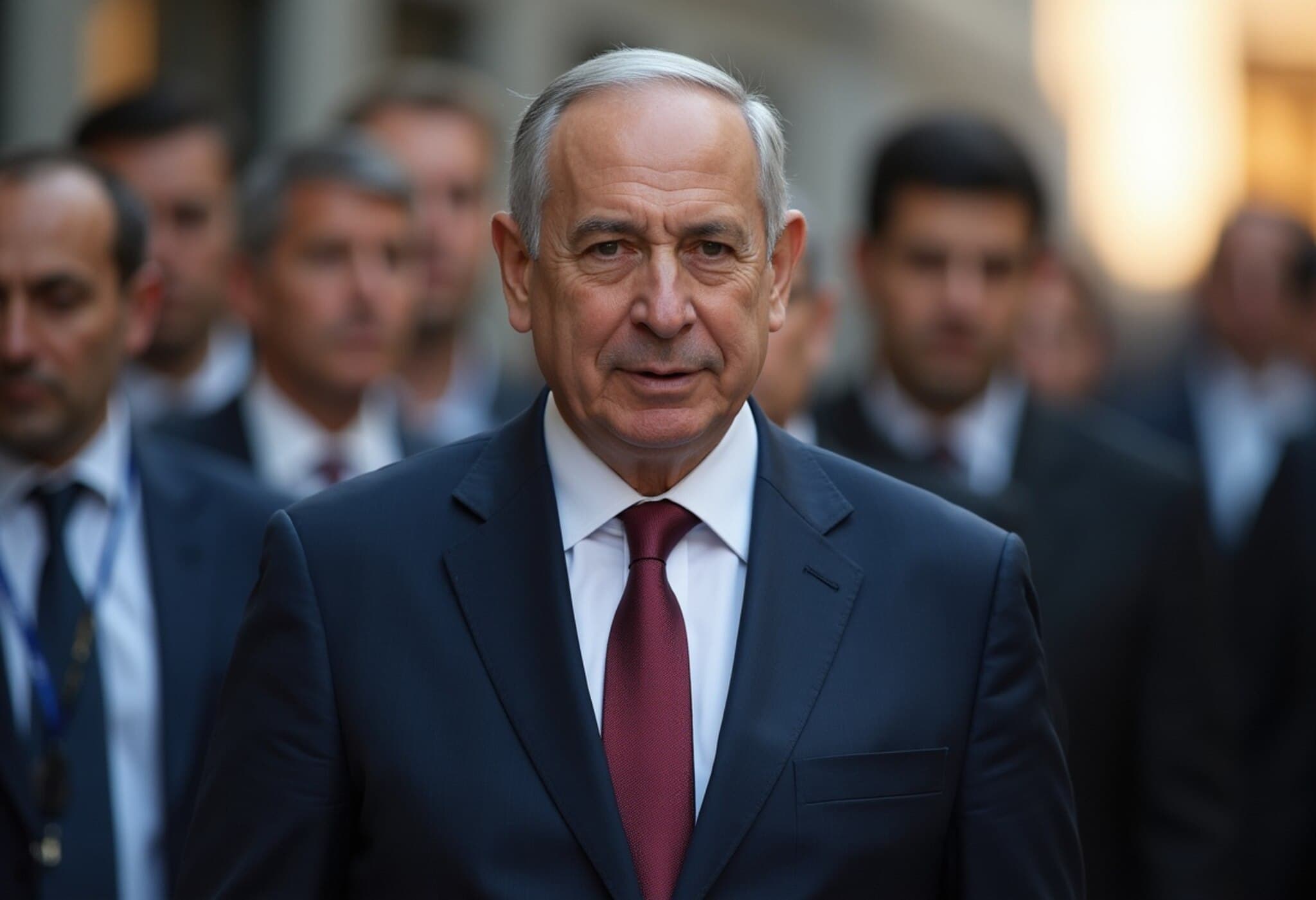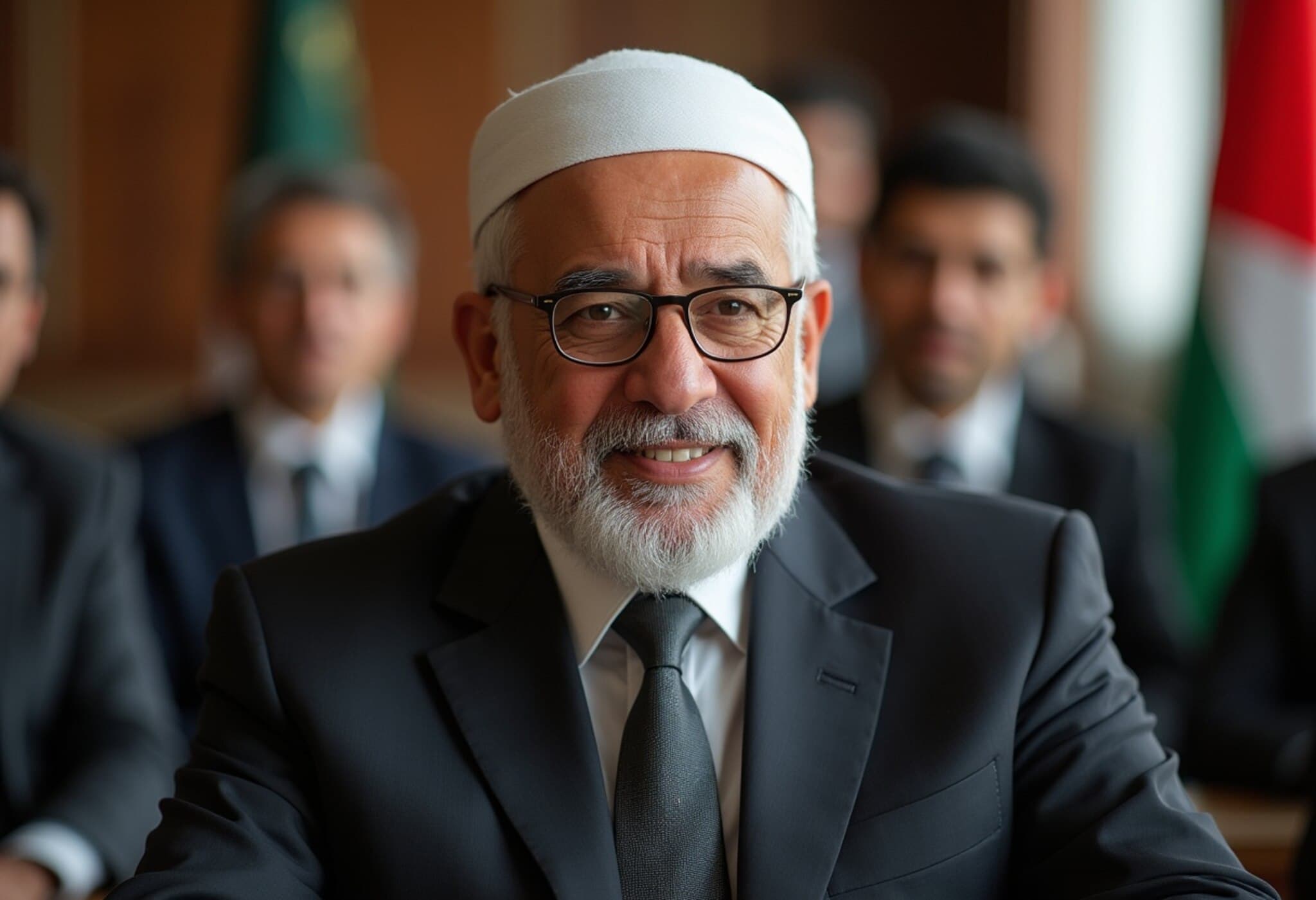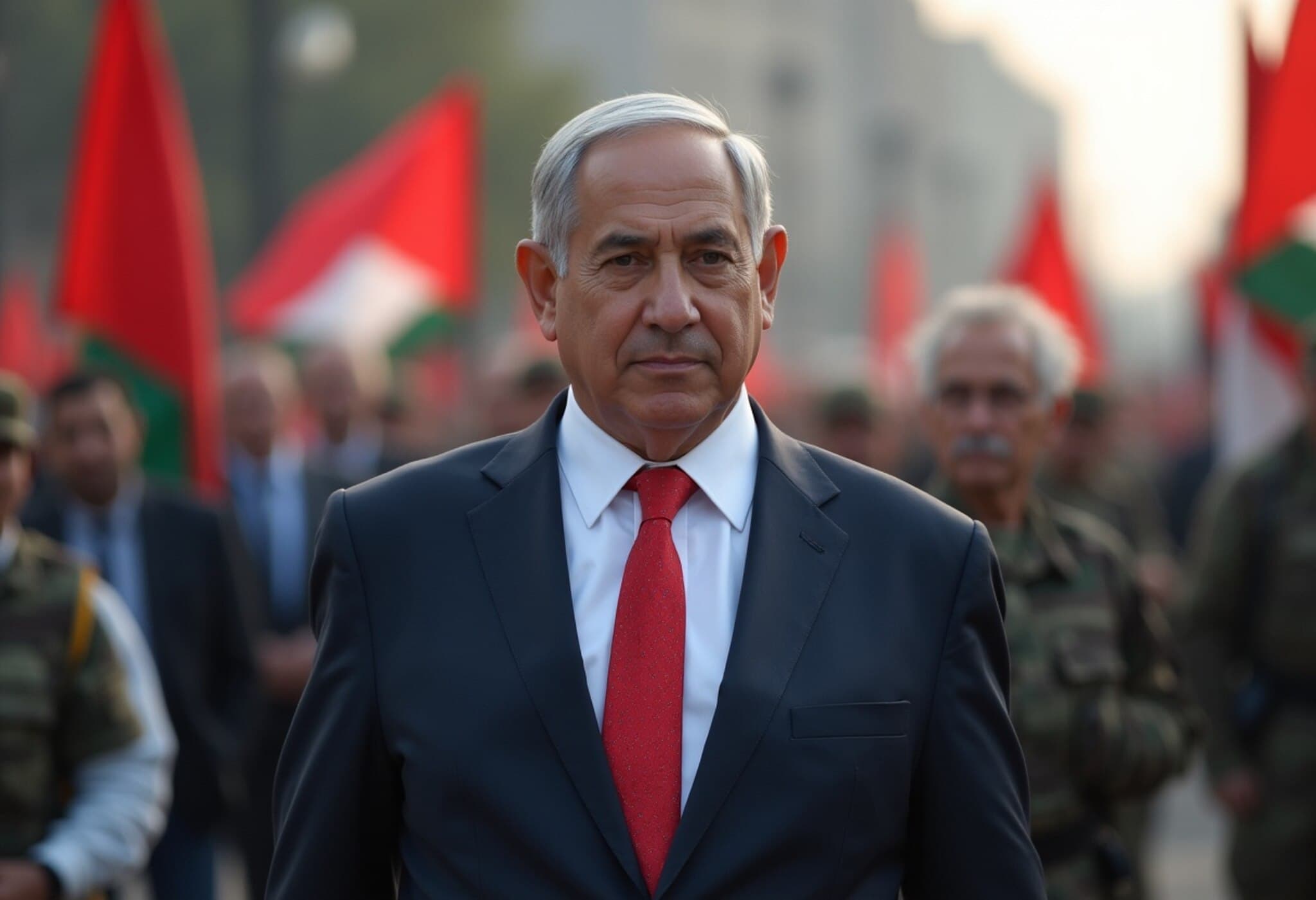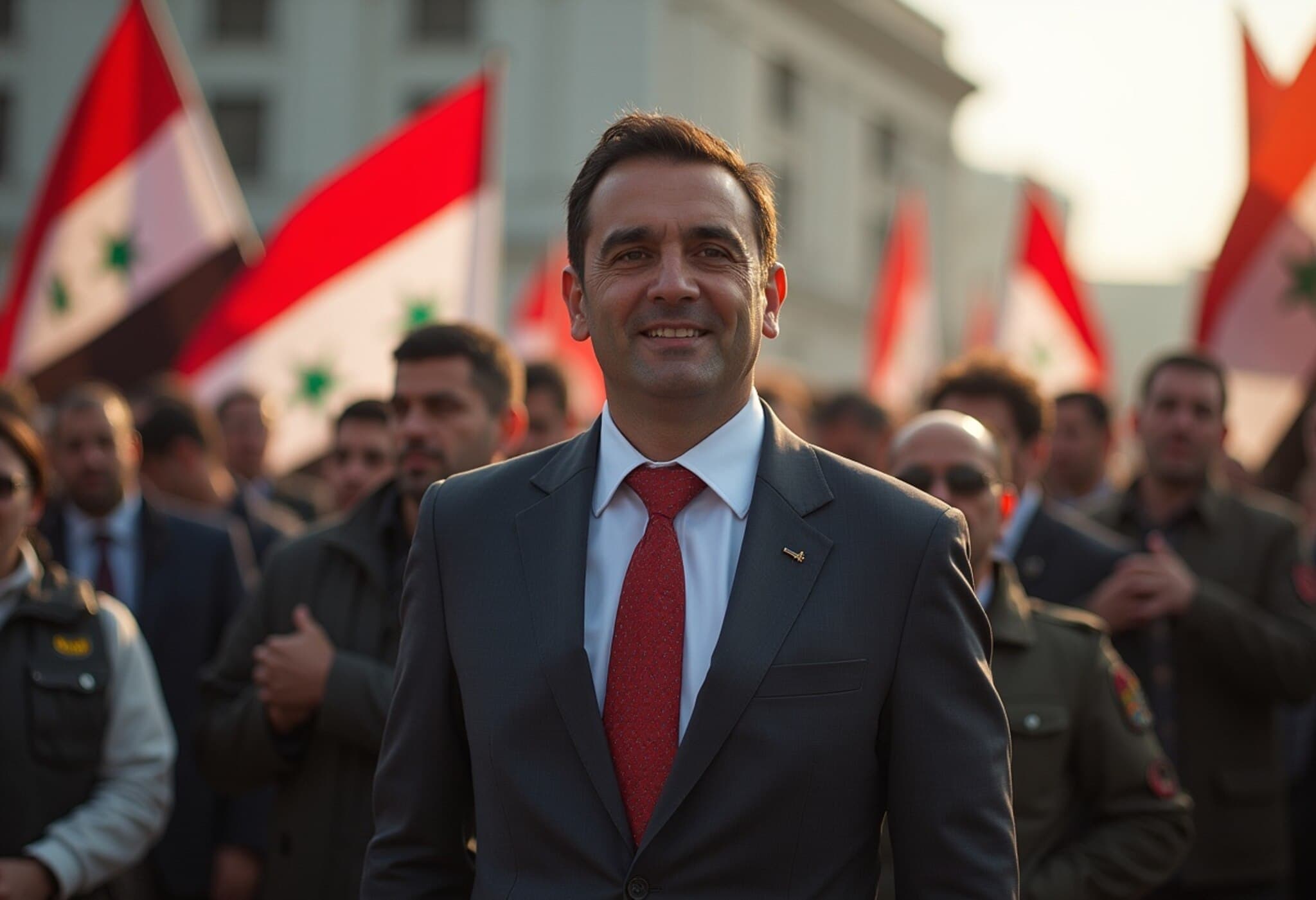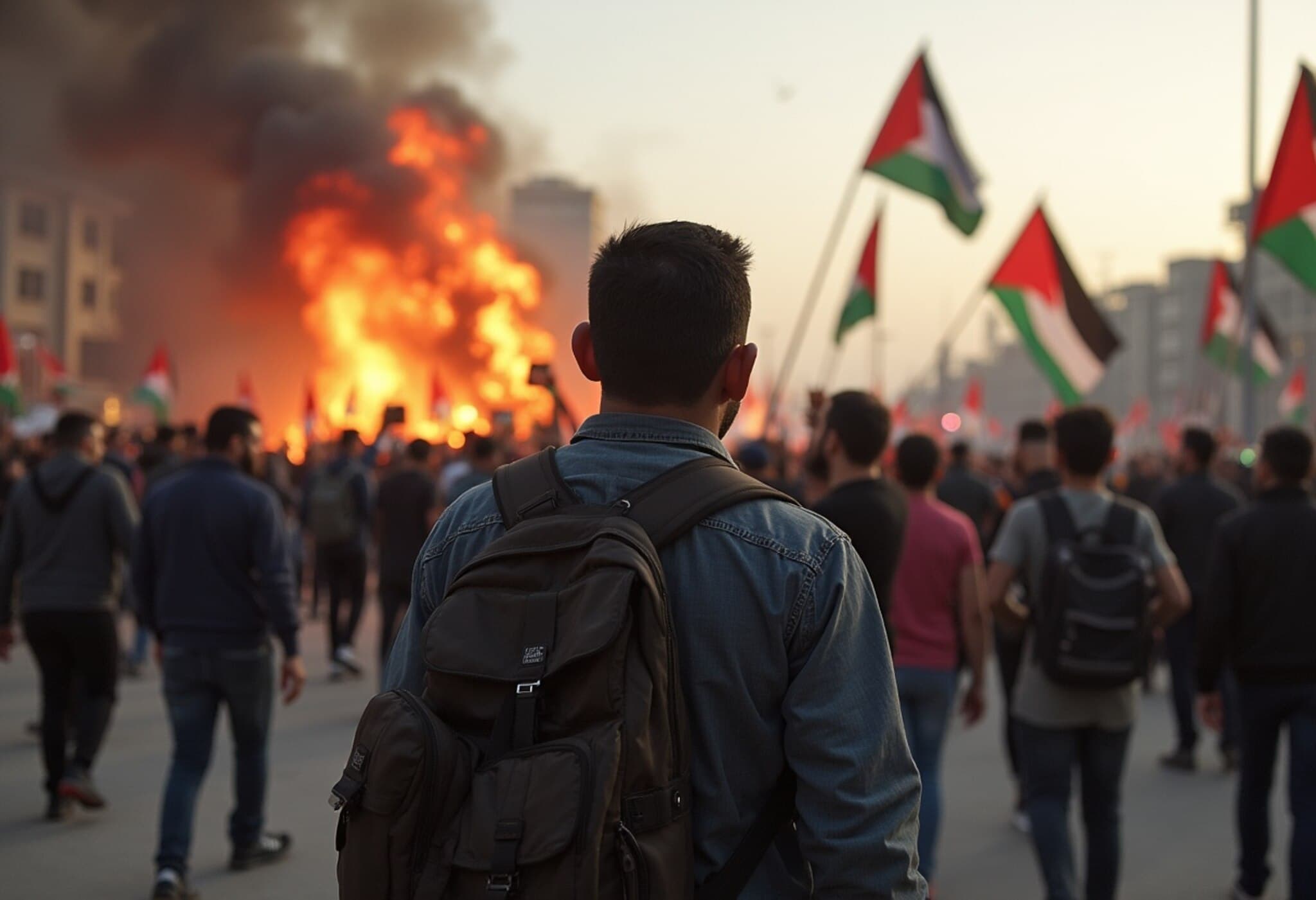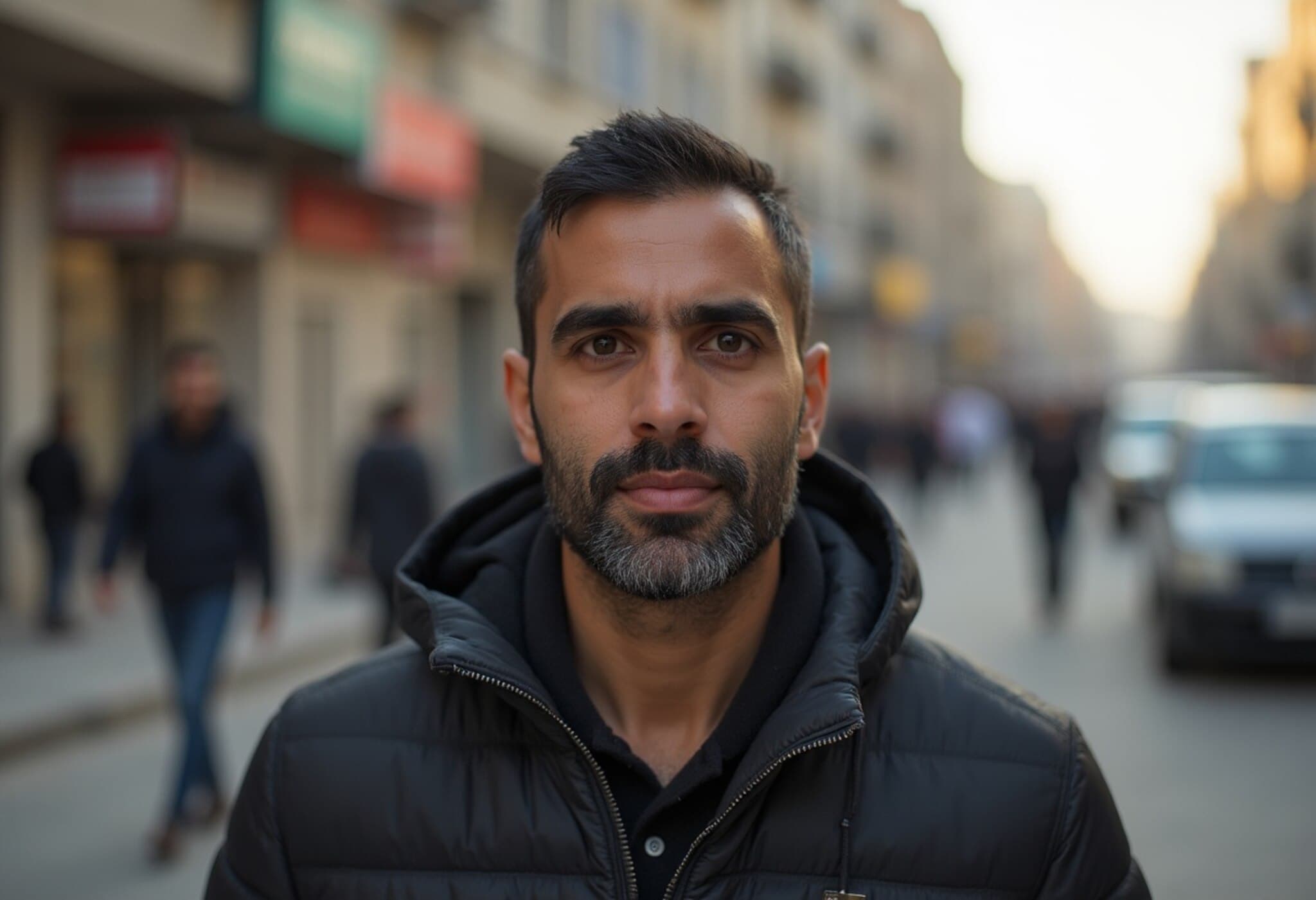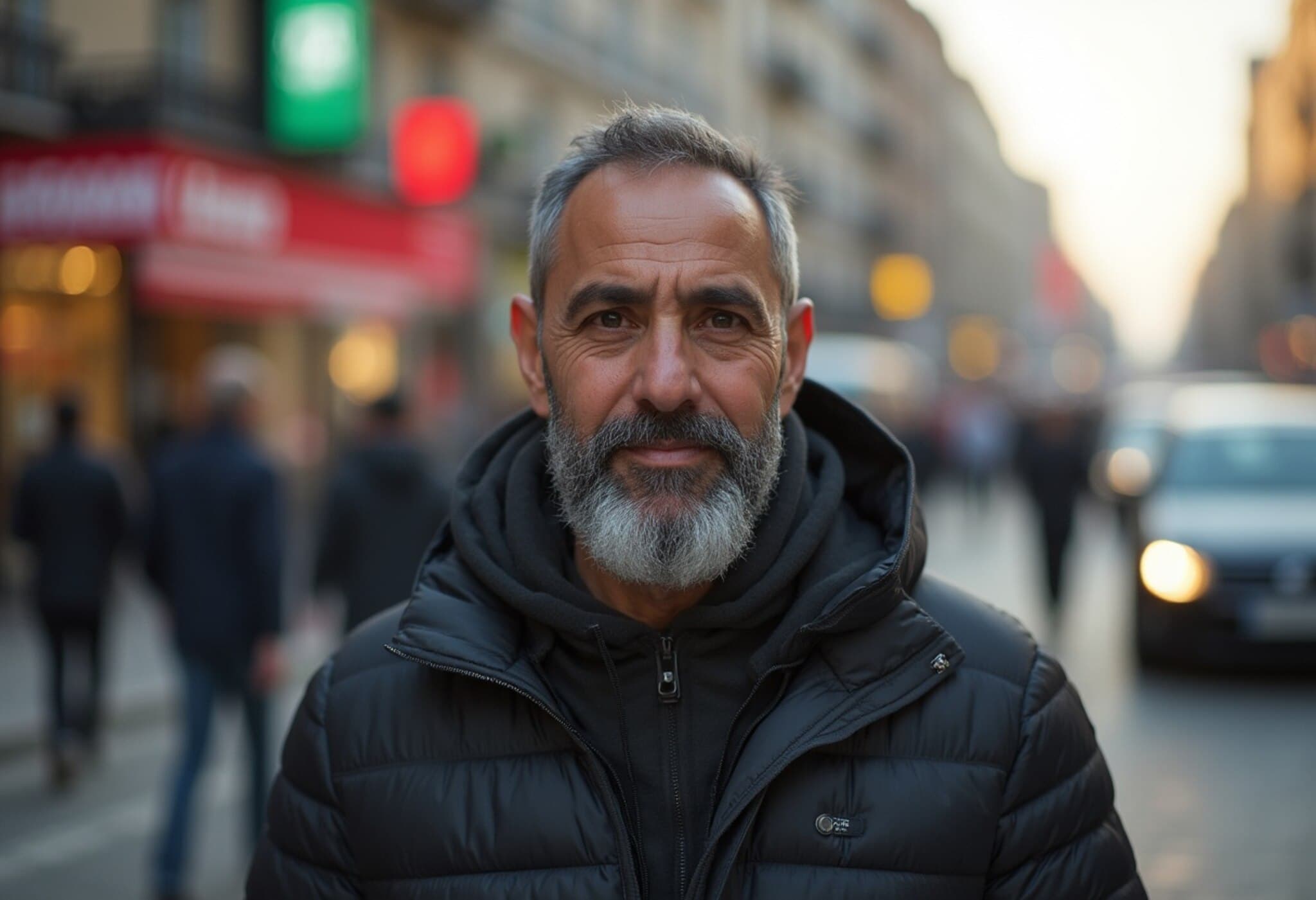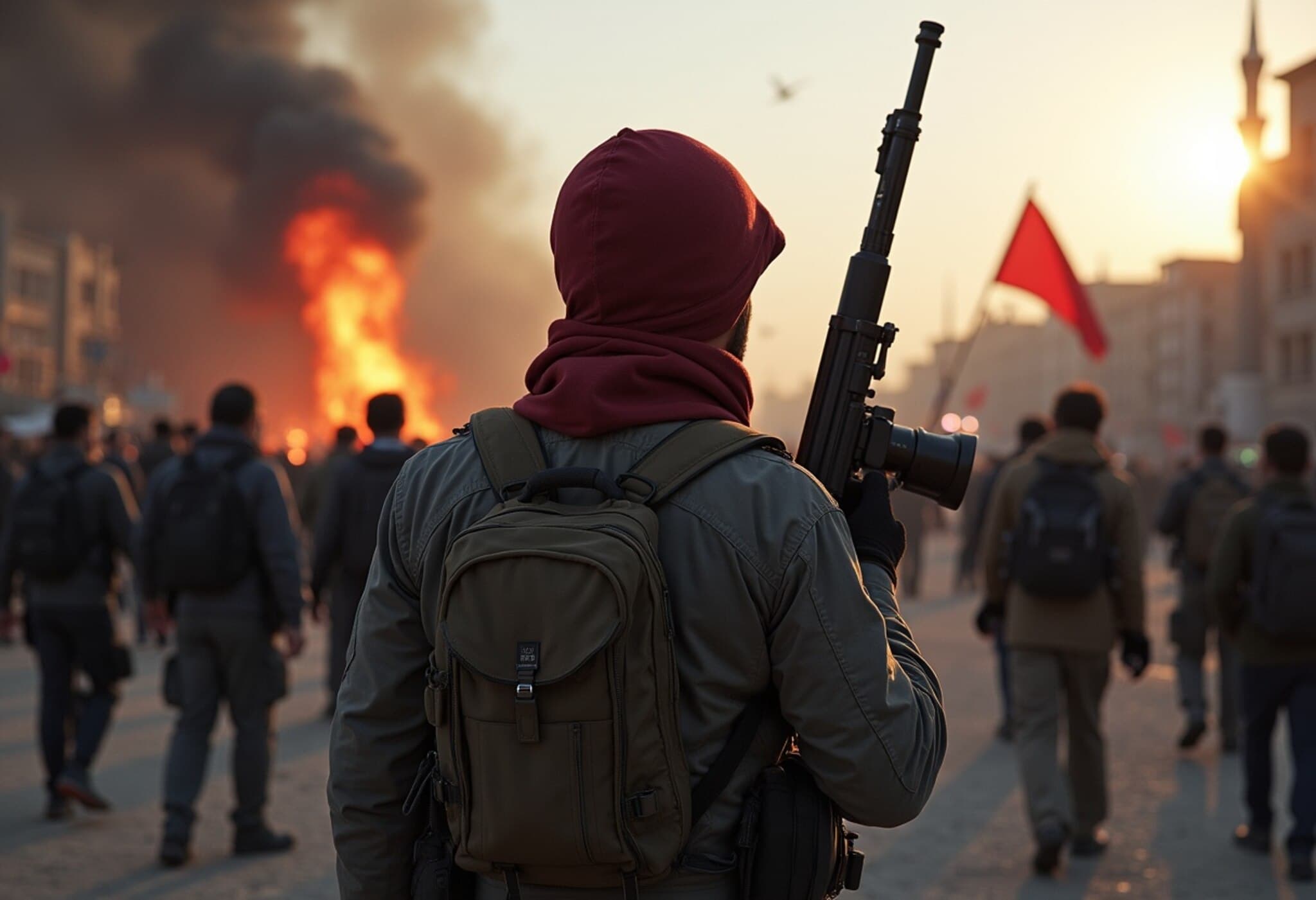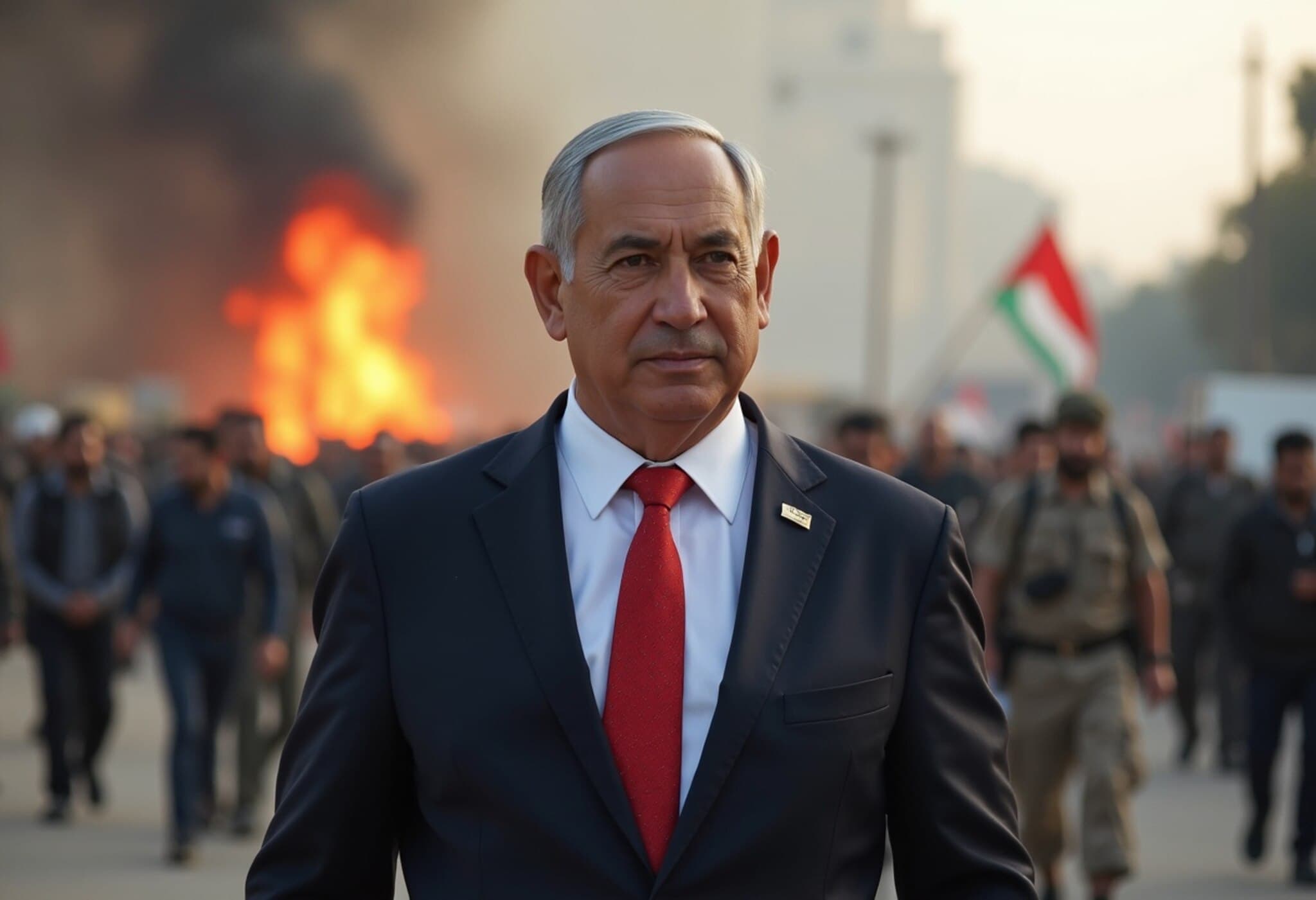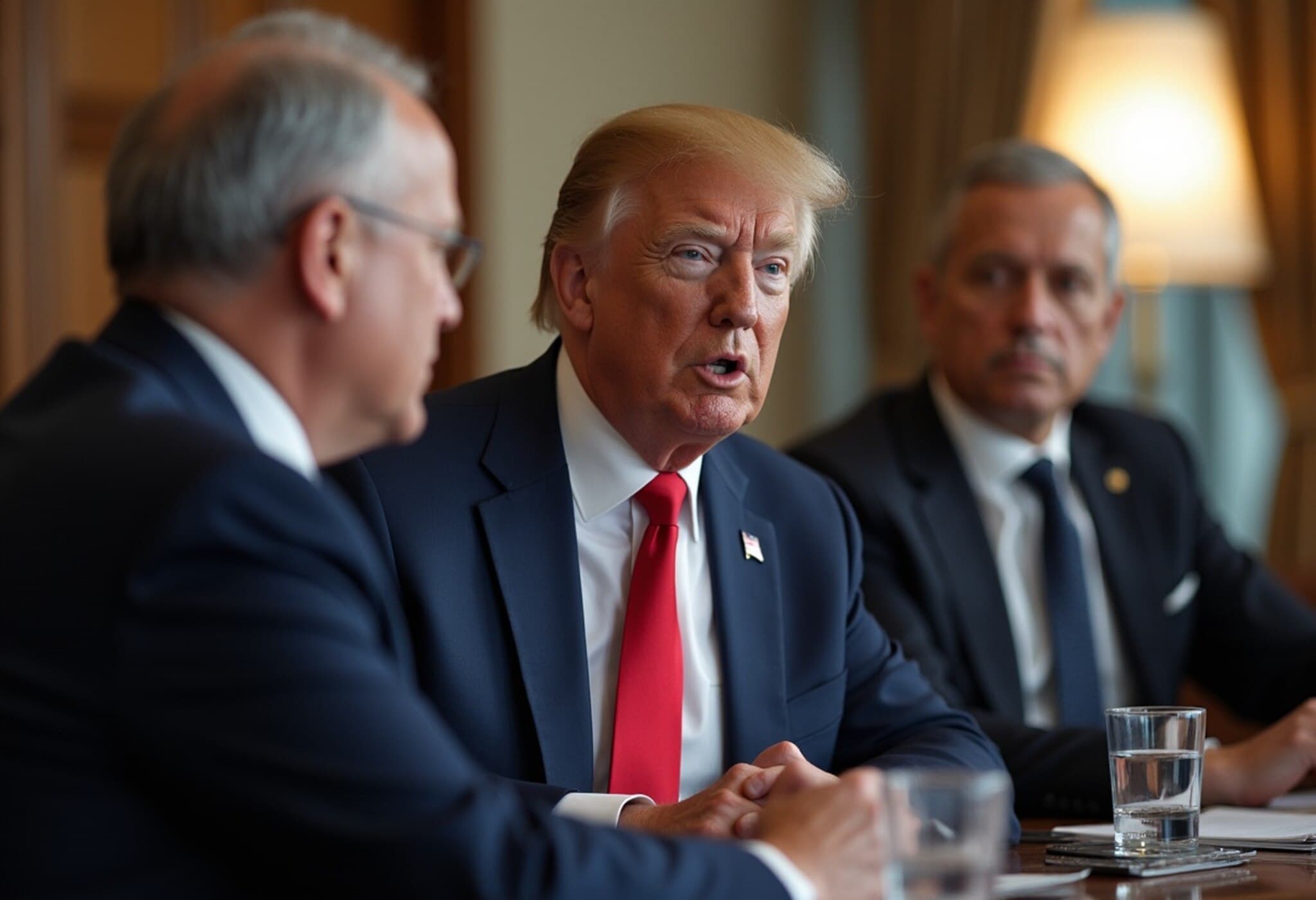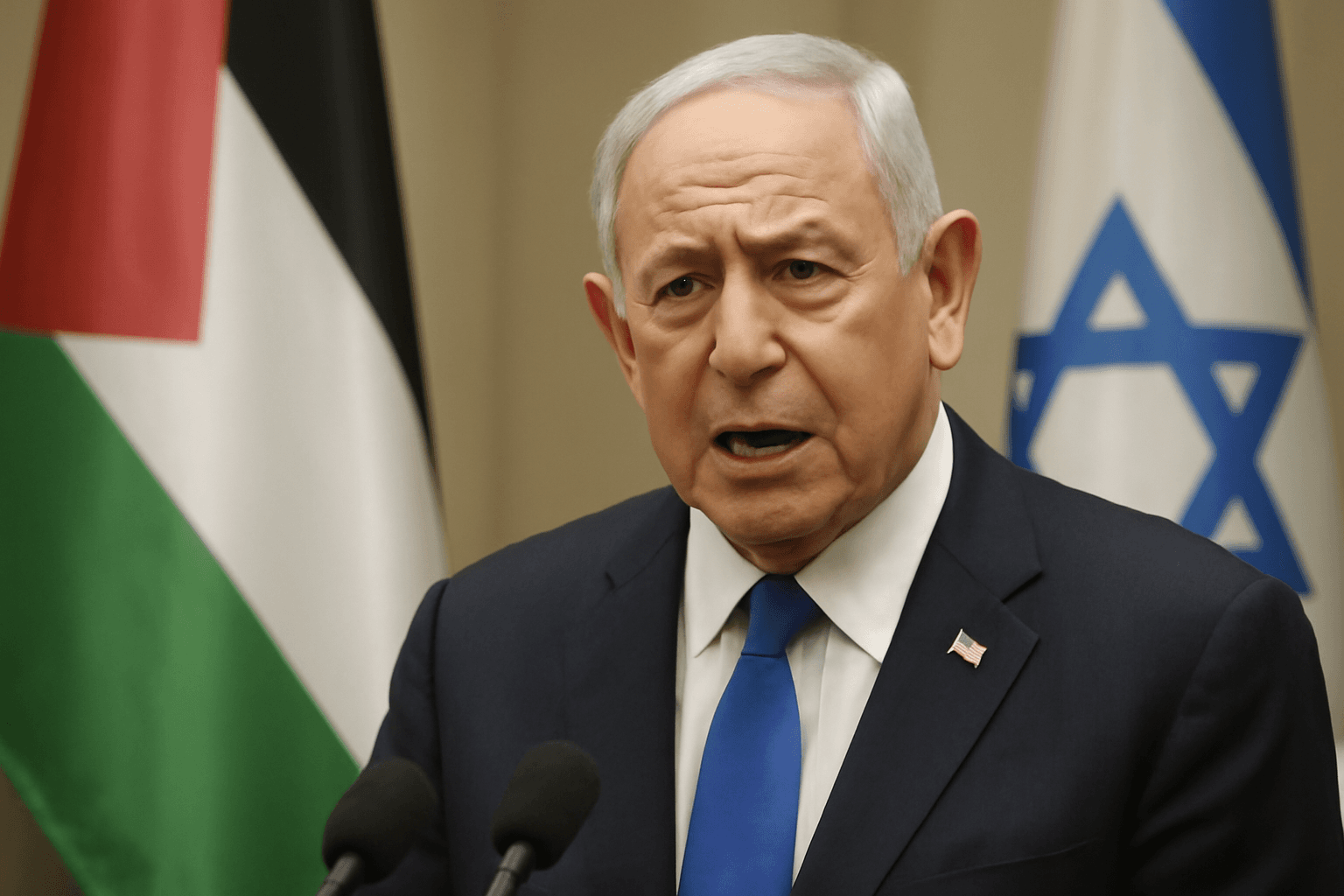Tragic Loss: Five Al Jazeera Journalists Killed in Gaza Airstrike
In a grievous blow to press freedom and frontline reporting, an Israeli airstrike near Gaza City's Al-Shifa Hospital resulted in the deaths of five Al Jazeera journalists on Sunday, including renowned correspondent Anas al-Sharif. The Israeli Defense Forces (IDF) acknowledged executing the strike, alleging al-Sharif was a Hamas operative masquerading as a journalist—claims that Al Jazeera vehemently denies.
Details of the Attack and Those Lost
The journalists killed include Anas al-Sharif, a 28-year-old correspondent known for his raw, on-the-ground coverage of the conflict, and fellow reporter Mohammed Qreiqeh. Also among the dead were camera operators Ibrahim Zaher, Mohammed Noufal, and Moamen Aliwa. They were sheltering in a media tent opposite the iconic Al-Shifa Medical Complex, a location historically frequented by press covering Gaza’s ongoing crisis. Just hours before the strike, al-Sharif had shared footage on X depicting recent Israeli strikes nearby, revealing the perilous conditions journalists face.
Israel’s Position: Journalism or Terrorism?
The IDF maintains that al-Sharif was not merely a journalist but the leader of a Hamas cell responsible for orchestrating rocket attacks on Israeli targets. Intelligence evidence cited includes training records and financial documents allegedly linking him to the militant group. “A press badge isn’t a shield for terrorism,” the military stated, suggesting the attack was a legitimate counterterrorism action rather than a strike on the press. The IDF also accused Al Jazeera of embedding Hamas operatives within its reporting teams, a charge the broadcaster dismisses as politically motivated and aimed at undermining independent journalism.
Al Jazeera’s Outcry: A Targeted Attack on Truth-Telling
Al Jazeera swiftly condemned the strike as a ‘‘targeted assassination’’ meant to silence independent voices amid a heavily restricted media environment in Gaza. The broadcaster emphasized that these journalists remained committed to delivering unvarnished accounts of the conflict’s human toll, often at great personal risk. They called upon the international community to intervene, highlighting a dangerous trend of impunity where journalists are increasingly viewed as combatants rather than civilians—a shift that threatens transparency and accountability in conflict zones worldwide.
Press Freedom Under Fire: Reaction from Global Watchdogs
International press freedom organizations expressed alarm over the attack. The Committee to Protect Journalists (CPJ) criticized Israel’s labeling of reporters as militants without transparent evidence, warning this sets a chilling precedent that undermines journalistic safety. Sara Qudah, CPJ’s Regional Director, emphasized that journalists must never be targeted, underscoring their civilian status under international law. Reporters Without Borders (RSF) highlighted that over 200 journalists have died in Gaza since the conflict began, making it one of the deadliest environments for media professionals in recent memory. Both called for independent investigations to ensure justice and protection.
Longstanding Frictions Between Israel and Al Jazeera
The strained relationship between Israel and Al Jazeera dates back years, with the Israeli government repeatedly banning the network, alleging bias and incitement. The broadcaster, funded by Qatar—which also hosts Hamas’s political leadership—has become a pivotal source for frontline reporting from Gaza. This dual role fuels Israeli mistrust, yet many international observers defend Al Jazeera’s coverage as vital, especially given the restrictions placed on foreign journalists entering Gaza.
The Media Vacuum in Gaza and Its Consequences
Due to tight Israeli restrictions, international media largely rely on local Palestinian journalists like al-Sharif for coverage — professionals who operate amid bombardments, shortages of essential supplies, and constant danger. The loss of prominent reporters not only silences critical eyewitness accounts but also deepens the challenge of accurate information dissemination, leaving the global audience dependent on often contested official narratives.
Political Context: Netanyahu’s Military Offensives and International Responses
Israeli Prime Minister Benjamin Netanyahu defended the military’s escalated offensives in recent statements, emphasizing a strategy to dismantle Hamas’s presence not only in Gaza City but also surrounding areas. He promised ‘‘safe zones’’ for civilians and increased access for foreign journalists, albeit under strict military supervision. However, critics, including the United Nations and various humanitarian groups, warn that these moves risk exacerbating an already severe humanitarian catastrophe characterized by mass displacement, food insecurity, and dire medical shortages.
The UN Security Council convened an emergency session following Netanyahu’s declaration, but diplomatic divisions prevented consensus. The U.S. voiced support for Israel’s right to self-defense, while China and Russia cautioned against collective punishment and reckless military escalation. Meanwhile, humanitarian officials painted a grim picture of starvation and collapse within Gaza.
Humanitarian Crisis and Civilian Toll
According to Gaza’s health authorities, more than 61,000 Palestinians have perished since the conflict’s onset, with women and children constituting roughly half the fatalities. The blockade and ongoing hostilities have displaced most of Gaza’s population and pushed parts of the enclave to the brink of famine. Aid delivery remains fraught, with reports of violence around distribution points. Israel denies imposing a starvation policy, attributing shortages to Hamas’s control, but humanitarian experts cite access restrictions and sustained conflict as significant barriers to relief.
Calls for Accountability and Protecting Press Freedom
Palestinian representatives, media watchdogs, and human rights organizations have called for investigations into the strike as potential war crimes, arguing it fits a disturbing pattern of targeting journalists to suppress documentation of abuses. Al Jazeera lauds their fallen reporters as symbols of courage and resilience, underscoring that as the conflict extends, the imperative for independent watchdogs on the ground grows more urgent. Without these voices, the tragic narrative of Gaza’s humanitarian crisis risks being silenced or sanitized.
Expert Insight: The Wider Implications for Conflict Reporting
This incident starkly illustrates the dangerous intersection of journalism and warfare in heavily militarized zones. When media professionals are perceived as combatants, it erodes fundamental principles of international humanitarian law designed to protect civilian actors, including the press. The global community faces a critical juncture: uphold protections enabling factual, independent reporting or permit a dangerous precedent that blurs the lines between combatants and civilians, threatening the free flow of information essential to democratic accountability and human rights advocacy.
Editor’s Note
The killing of these five journalists is not just a tragic human loss but a profound challenge to the principles of press freedom and the public’s right to information amidst conflict. As the Gaza situation worsens, the international community must grapple with the consequences of restricted media access and the real dangers journalists face on the frontline. This story raises urgent questions: How can journalists be better protected in conflict zones? What mechanisms will hold perpetrators accountable when press freedoms are violated? And crucially, how might the silencing of independent voices shape the international narrative about the war’s humanitarian toll?

